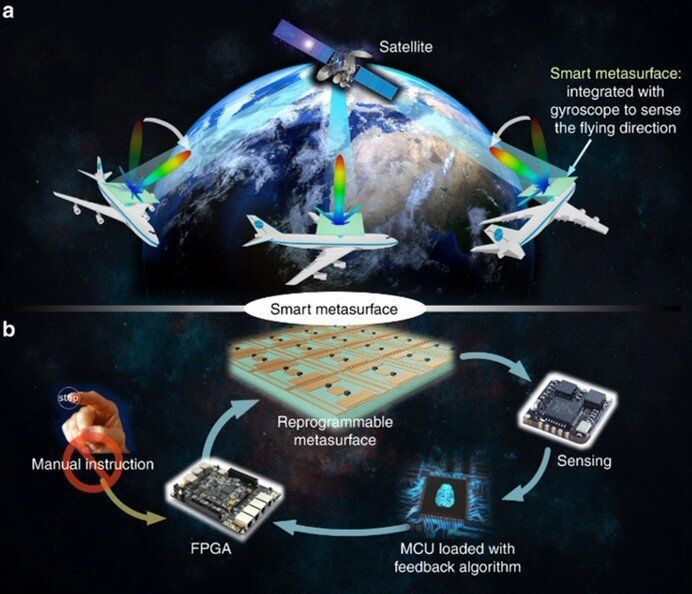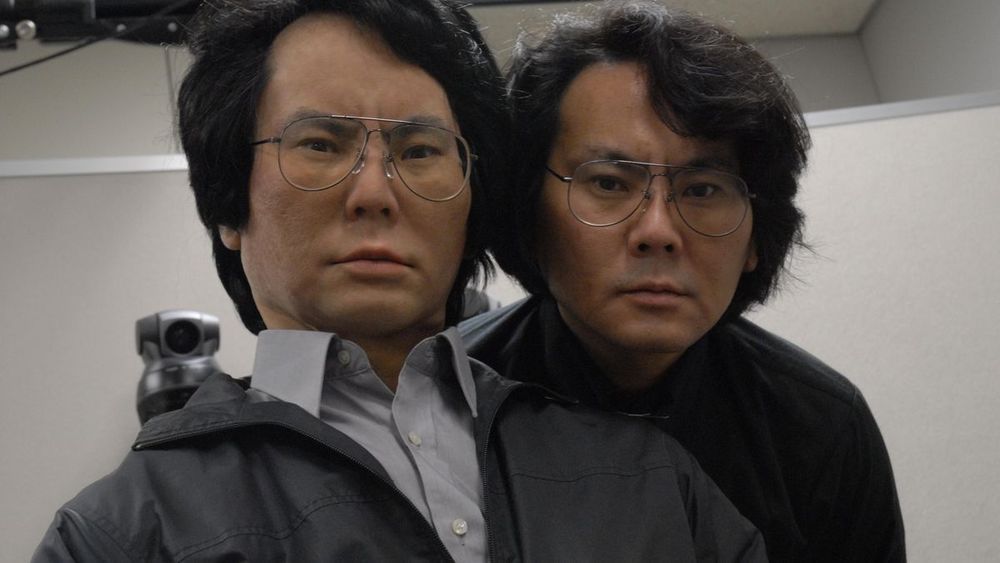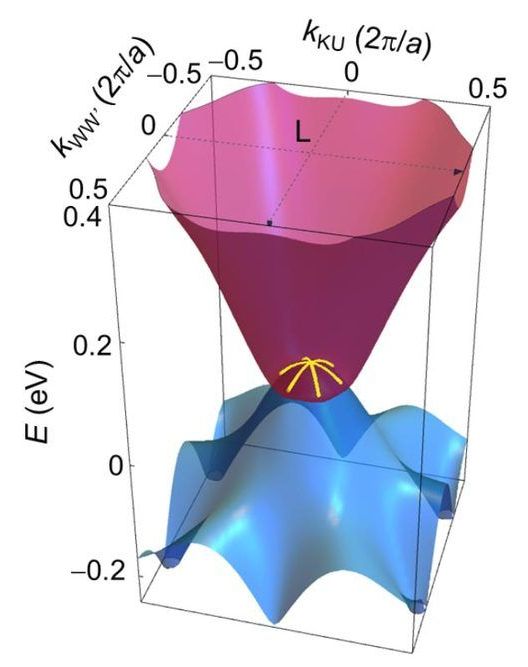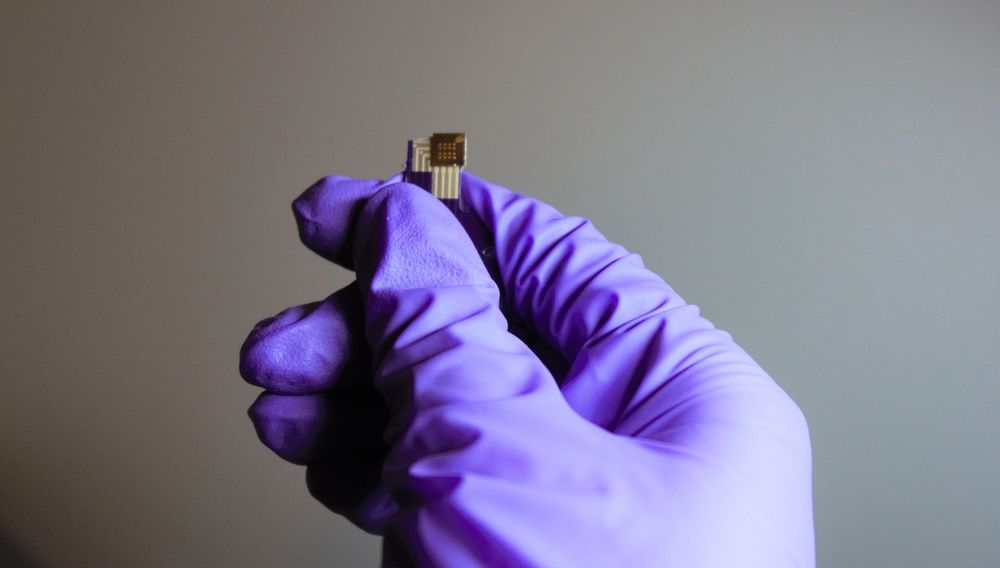Equinor among latest round of investors in MIT spin-off that aims to help show ‘net energy gain’ nuclear fusion by 2025.



Materials scientists aim to engineer intelligence into the fabric of materials or metamaterials for programmable functions. Engineering efforts can vary from passive to active forms to develop programmable metasurfaces using dynamic and arbitrary electromagnetic (EM) wavefields. Such metasurfaces, however, require manual control to switch between functions. In a new study now published on Light: Science & Applications, Qian Ma and an interdisciplinary research team in the State Key Laboratory, Cyberspace Science and Technology, and the Department of Electronics in China engineered a smart metasurface for self-adaptive programmability.

Two successful trial runs of cycle paths made from recycled plastic waste have paved the way for larger scale projects in the Netherlands and abroad, the developers have said.
KWS, plastic pipe maker Wavin and Total oil said on Thursday that after a 18 months of testing and developing, they now have a design suited for industrial production and that the technology is ready to be launched on the market in the first quarter of 2021.
The first plastic cycle paths, which were built in Zwolle and Giethoorn with local council support, have proved to be able manage excessive water from rain, severe drought and everything in between, the makers said.
Watch history unfold on Saturday, May 30, as NASA and SpaceX launch astronauts Robert Behnken and Douglas Hurley to the International Space Station. This mission marks the first time since the retirement of the space shuttle in 2011 that humans will fly to the space station from U.S. soil. The mission’s first launch attempt on Wednesday, May 27 was scrubbed due to weather conditions.
Tune in starting at 11 a.m. EDT as NASA and SpaceX provide joint, live coverage from launch to arrival at the space station. Teams are targeting 3:22 p.m. EDT for the launch of the SpaceX Crew Dragon spacecraft atop a Falcon 9 rocket from historic Launch Complex 39A at NASA’s Kennedy Space Center in Florida. The Crew Dragon is scheduled to dock to the space station on Sunday, May 31.
Learn more about the mission: https://www.nasa.gov/launchamerica/




The DroneGun Tactical by Australian-based company DroneShield is like something out of a video game. The rifle-shaped, high-powered antenna “blasts” drones out of the sky with frequency waves.
DroneShield designed the technology to thwart unmanned aerial vehicles (UAV) with explosives or weapons strapped to them. It works by blocking video transmission and GPS information, making it nearly impossible for its pilot to regain control.
“Most modern drones are equipped with a protocol that they come back to their operator when the radio frequency signal is jammed and land when radio frequency and GPS are both jammed,” company spokesman Oleg Vornik told the Daily Mail.

A thin, iron-based generator uses waste heat to provide small amounts of power.
Researchers have found a way to convert heat energy into electricity with a nontoxic material. The material is mostly iron which is extremely cheap given its relative abundance. A generator based on this material could power small devices such as remote sensors or wearable devices. The material can be thin so it could be shaped into various forms.
There’s no such thing as a free lunch, or free energy. But if your energy demands are low enough, say for example in the case of a small sensor of some kind, then there is a way to harness heat energy to supply your power without wires or batteries. Research Associate Akito Sakai and group members from his laboratory at the University of Tokyo Institute for Solid State Physics and Department of Physics, led by Professor Satoru Nakatsuji, and from the Department of Applied Physics, led by Professor Ryotaro Arita, have taken steps towards this goal with their innovative iron-based thermoelectric material.

To just solve a puzzle or play a game, artificial intelligence can require software running on thousands of computers. That could be the energy that three nuclear plants produce in one hour.
A team of engineers has created hardware that can learn skills using a type of AI that currently runs on software platforms. Sharing intelligence features between hardware and software would offset the energy needed for using AI in more advanced applications such as self-driving cars or discovering drugs.
“Software is taking on most of the challenges in AI. If you could incorporate intelligence into the circuit components in addition to what is happening in software, you could do things that simply cannot be done today,” said Shriram Ramanathan, a professor of materials engineering at Purdue University.